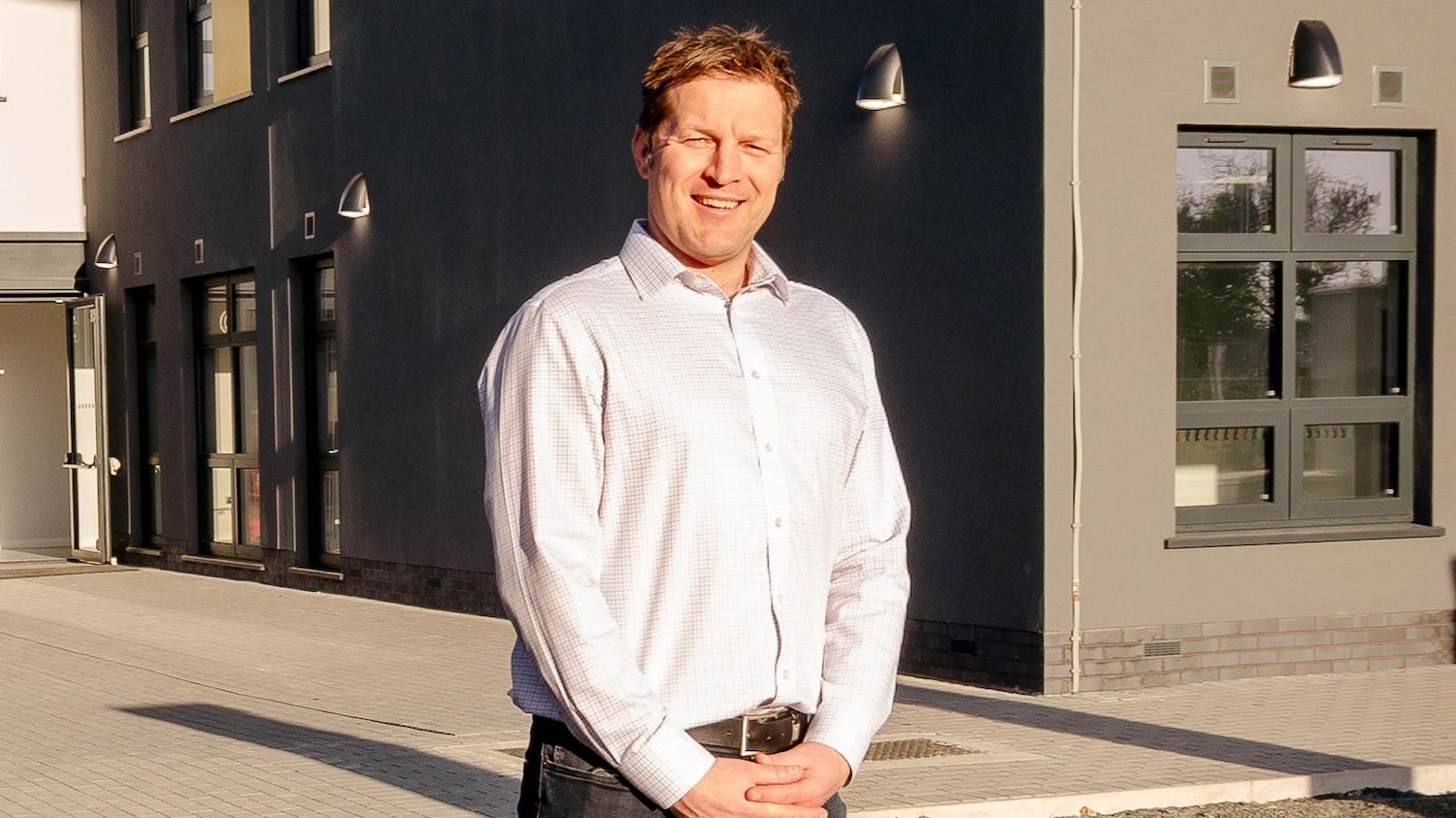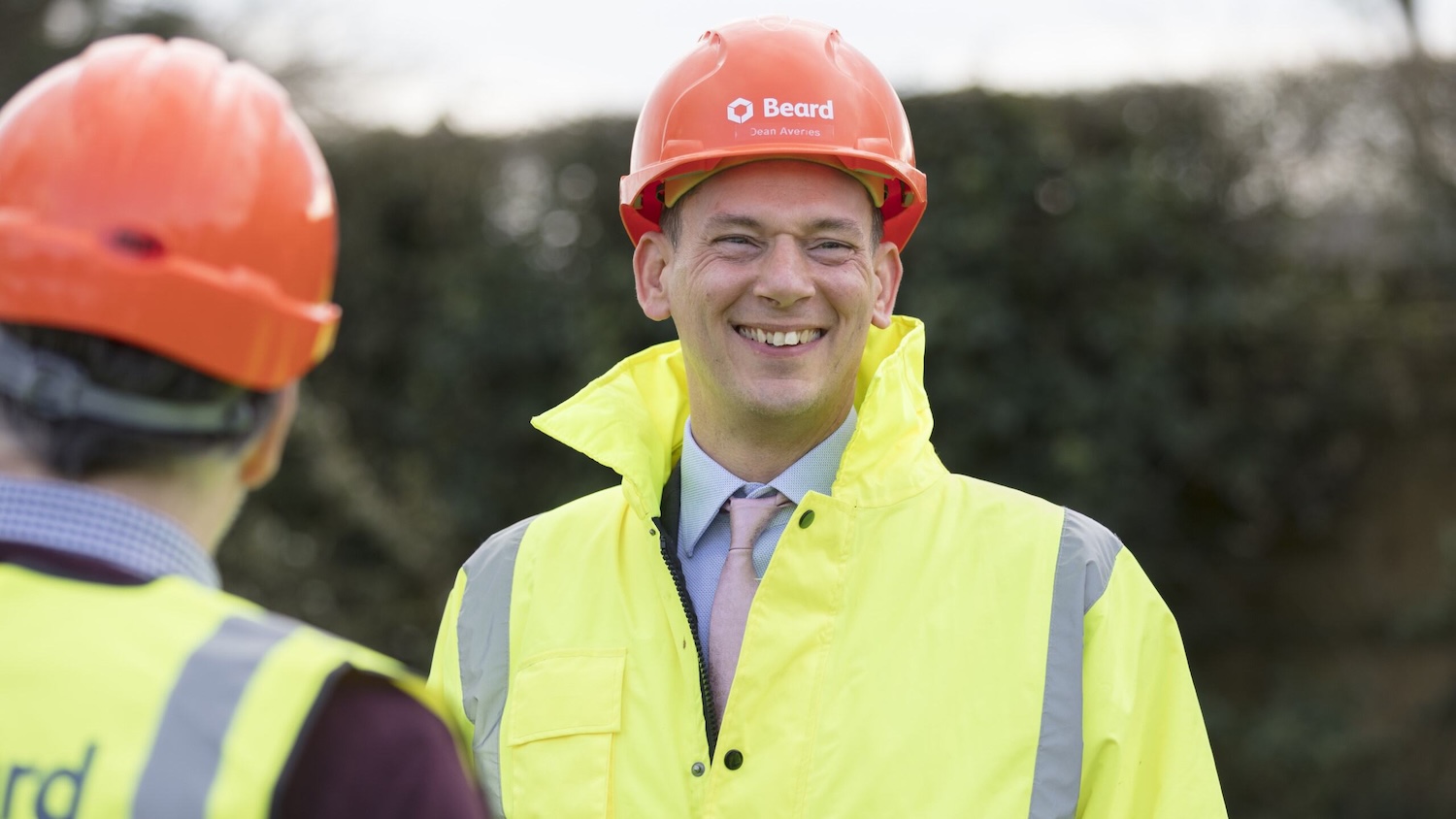
This much I know: ‘Transitioning to FE teaching can seem daunting’
Simon Parker, T Level lead for construction and engineering at South Essex College, shares his experience of how industry professionals can play a role in nurturing the next pipeline of talent
What attracted you to a role in further education (FE)?
In January 2019, having run my own construction company for more than 25 years, designing and fitting kitchens and bathrooms, I felt it was time for a change.
When I considered what I loved about my job, the joy I found in sharing my knowledge and skills with others was clear to me.
As a result, I decided to start teaching in FE, supporting kitchen and bathroom apprentices at a local FE college just a few minutes away from my home.
The construction industry is one of the UK’s fastest growing industries, but with growth comes the need for a highly skilled and growing workforce.
According to the CITB’s Construction Skills Network report, an additional 225,000 construction workers may be needed by 2027, averaging 45,000 new workers per year.
This presents a clear challenge for the industry and its leaders to help bridge the skills gap and secure a pipeline of talent for sector.
I found myself wondering how I could personally contribute to help tackle this issue and futureproof our industry.
FE is any formal learning for those aged 16+ that is not a degree. It covers a wide range of subject areas, from construction and building, through to manufacturing, engineering, healthcare or law.
Many people think you need a degree to start teaching in FE, but this isn’t always the case. It was my industry experience that got me the job and that has proved invaluable in my FE teaching career.
I’ve since gained my teaching qualification on the job, which was funded by the college.
Many people think you need a degree to start teaching in FE, but this isn’t always the case. It was my industry experience that got me the job and that has proved invaluable in my FE teaching career
What challenges did you face in the transition from a career in construction to FE?
At first, the transition to FE teaching did seem daunting, particularly after years of being self-employed. However, for me, the process was surprisingly straightforward.
I submitted my CV and application, leading to an interview where I discussed my trade experience and how I planned to share this with learners.
I felt teaching was a natural step for me as I could make the theoretical aspects of construction real for my students, sharing practical insights gained from my years in the field.
After securing the job, I quickly discovered a supportive community among fellow staff, all of whom had navigated similar transitions.
What skills and experience can construction leaders bring to FE teaching?
Over two decades in the industry, you acquire a wealth of technical expertise, but crucially you also learn several key transferable skills that you can bring into FE teaching.
From adaptability and problem solving, to meeting deadlines, setting expectations and attention to detail, these skills come into play every day as a further education teacher, with lessons extending beyond the classroom into workshops and onsite locations.
More importantly, practical experience and understanding how theories and skills are performed in the real world are key.
That’s why professionals from the industry are so well placed to help prepare those interested in joining our sector. This could be teaching students to use basic hand tools to the more complex elements of construction.
Having worked in the industry, you are able to see the real reason behind the things being taught and you can also make them more relevant and interesting to teach.
What would you say to a construction professional considering the move to FE teaching?
The most fulfilling aspect of my move from industry to FE is seeing learners evolve from unsure novices to confident, skilled tradespeople with high ambitions.
I find satisfaction in making a tangible difference in their lives, guiding them through challenges and supporting their growth.
I firmly believe that industry professionals possess the potential to help address our sector’s skills gap.
I started teaching in FE full-time, but there are part-time and flexible opportunities available so you can help change lives without changing your career.
By sharing your skills, knowledge and passion with the next pipeline of talent, you can help shape a diverse and inclusive workforce, poised to drive innovation in the construction sector.
To find out more about teaching in FE, visit gov.uk/teach-in-further-education






